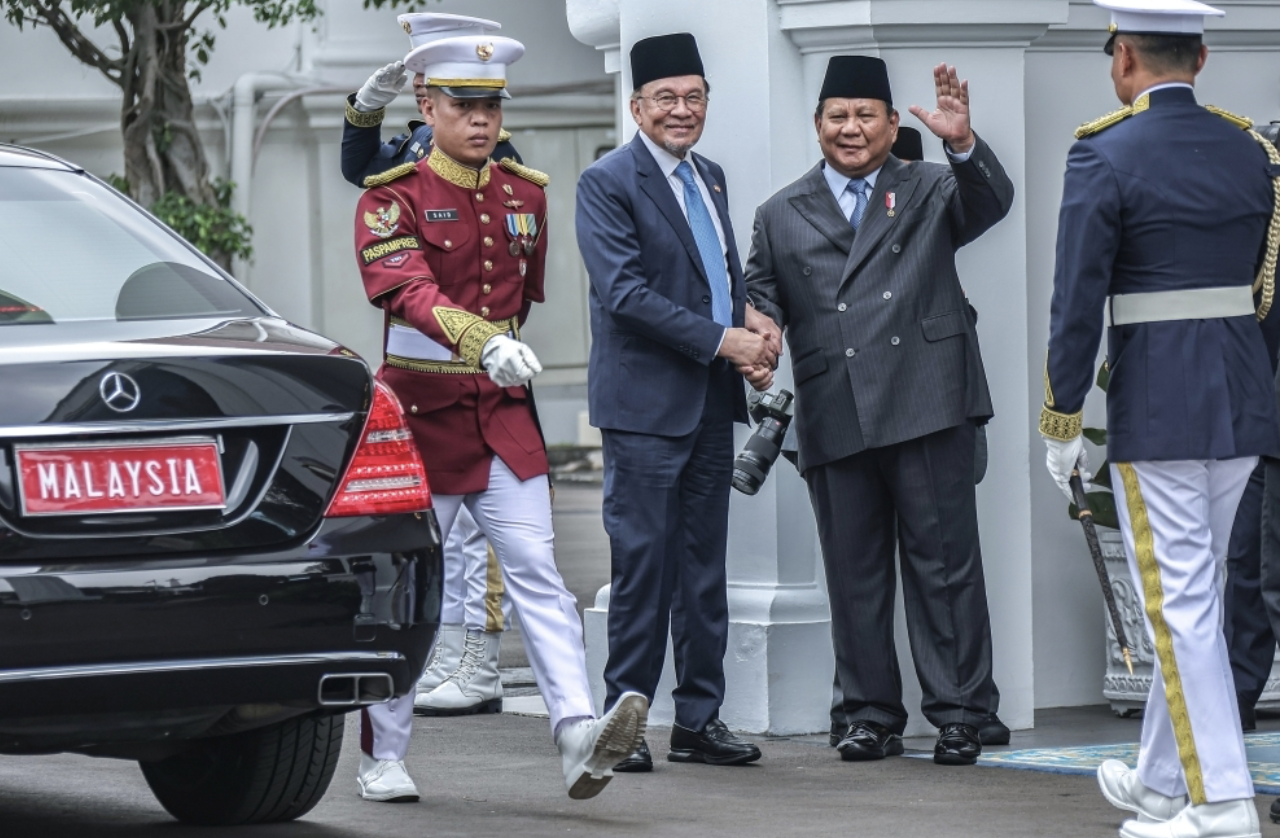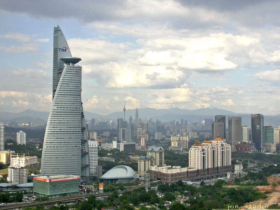JAKARTA, July 30 — Malaysia has never adopted an aggressive stance in addressing maritime border issues with Indonesia, including the long-standing dispute in the Sulawesi Sea, Prime Minister Datuk Seri Anwar Ibrahim said.
At a dialogue with the Association of Malaysian Indonesian Journalists (ISWAMI) and chief editors of major Indonesian media outlets here Tuesday, Anwar stressed that Malaysia remains committed to legal frameworks and diplomatic negotiations.
“We follow the legal path. We do not take an aggressive stance. Both sides must avoid encroaching into each other’s territory,” he said.
Anwar, currently on a working visit to Indonesia, is accompanied by federal and state leaders, including Sarawak Premier Tan Sri Abang Johari Tun Openg and Sabah Chief Minister Datuk Seri Hajiji Noor, whose presence, he said, is meant to facilitate discussions with Indonesia, particularly on matters involving East Malaysia.
Also present at the meeting were ISWAMI Malaysia president Ashwad Ismail, ISWAMI Indonesia president Asro Kamal Rokan, ISWAMI Malaysia deputy president Datuk Ahmad Zaini Kamaruzzaman, and Indonesia Chief Editors Forum (Forum Pemred) representative Taufiq Rahman.
The dispute in the Sulawesi Sea involving overlapping maritime claims between East Kalimantan (Indonesia) and southeastern Sabah (Malaysia) has persisted since Malaysia published a map of its maritime boundaries in 1979.
Tensions peaked in 2005, prompting the formation of ISWAMI, a bilateral media initiative composed of top editors from both nations, to help promote constructive narratives and reduce friction over sensitive bilateral issues.
According to a written reply dated July 22 on the Malaysian Parliament portal, Malaysia’s Foreign Ministry (Wisma Putra) maintains that the ND6 and ND7 oil exploration blocks in the Sulawesi Sea fall within Malaysian sovereign territory under international law.
The ministry said Malaysia’s stance is based on international legal principles, including the 2002 ruling by the International Court of Justice (ICJ) concerning nearby territorial disputes.


















Leave a Reply